SARA JAFARI’S DEBUT NOVEL EXPLORES THEMES OF CULTURAL DIFFERENCES AND FALLING IN LOVE
BRITISH Iranian talent Sara Jafari had written articles about subjects, including the complexity of virginity in British Muslim communities, having a family member with substance misuse problems and modern dating, which received great responses from readers who related to them.
The unique themes combined with a lack of literary works about British Iranians led her towards writing her compelling debut novel The Mismatch, which is a coming-of-age story about two seemingly different individuals, family, confronting your past and moving on to a better future. The multi-layered story with relatable emotions is the beginning of a literary journey for a bright new voice.
Eastern Eye caught up with Sara Jafari to discuss her delightful new book, opposites attracting, inspirations and future plans.
Tell us about the story?
The Mismatch is at its core a comingof-age love story, both romantically between Soraya and Magnus, and between Soraya and her mother Neda. It follows both Soraya and Neda in their twenties, one in modern day London, the other 1970s Tehran. Soraya takes up the main narrative as she navigates having her first kiss at the age of 21 and finding herself. In the background of this, we see her mother’s journey to England during the Iranian revolution and her relationship with Soraya’s father Hossein.
Is it based on real life events and characters?
Although it touches upon some themes and life experiences, it is ultimately a work of fiction, so all the characters and events are not real.
What was the biggest challenge of writing the novel?
This book has been through so much development, so this is a really interesting
question. My biggest challenge has been being truthful in my writing, despite it perhaps being controversial. Soraya is a non-practising Muslim and is finding her way, and I think a lot of women will relate to her, but the fact she is not practising and does many things people disapprove of may come with some scrutiny. But I wrote the book because I didn’t see a character like her before, and ultimately, I wish I did because I know myself and others would feel a lot less alone if we had.
Who are you hoping connects with your book?
I want everyone to connect to this book! But I think my hope is that Iranian women really see something of themselves in the book, in either Soraya or Neda’s journey or both. I think it’s time we had our stories told and more stories are told about the British Iranian people.
Did you learn anything new about yourself while writing it?
I learnt how much our parents shape us. We see why Soraya is the way she is through Neda’s backstory. We often think we’re different to our parents but if you really dig into their personalities, I think you’ll find you’re a lot more alike. For example, both Neda and Soraya are stubborn and rebel against their parents – it just so happens Neda is rebelling by practising Islam and Soraya the opposite. We see the anxiety both Hossein and Soraya share too, though it comes out in different ways.
The book explores opposites attracting, but do you believe that is the case?
I think on a surface level in the story we see opposites attracting, in terms of Soraya and Magnus looking different, but deep down they have a lot in common. If it wasn’t for these similarities, I don’t think their connection would be as strong. So in terms of appearance, opposites can attract, but in terms of personality there needs to be some common ground (in my opinion a least).
How do you feel ahead of your debut novel releasing?
It’s been two years since I got my book deal, and I think because it’s been a long wait now and it’s getting closer, it hasn’t really sunk in. Though I do also feel nervous and excited. I hope people like it.
What kind of books do you enjoy reading and do you have a favourite one?
Some books I enjoyed reading recently are Such a Fun Age, Boy Parts and Exciting Times. I love anything that Sally Rooney and Curtis Sittenfeld write, too.
Who is your own literary hero?
I have to say I don’t really have a literary hero. For me, it’s stories that I find I especially resonate with, rather than just authors.
What inspires you?
I draw a lot of my inspiration from my own experiences and memories; think ‘what if this happened instead’ and take it from there.
What according to you makes for a good story?
I think a good story is one you can get lost in, and that by the end you care about the characters you read. It doesn’t have to be that you like them, but that you empathise with them and the decisions they make.
What can we expect next from you?
I am writing my second book currently, which will be out with Penguin next year. This book is all about the people you meet in your life, and how each one impacts you. I find it really interesting the relationships we have with people, including friendships we hold on to that aren’t quite working and romantic bonds we sometimes idealise when they end. It’s more introspective than The Mismatch, but I’m really excited by it.
Why should we pick up The Mismatch?
You should pick up The Mismatch because it is a really honest look at what it means to be between two cultures, to find your way in the world, and to fall in love. It’s a book that spans generations, and despite some of the difficult topics explored, it’s still hopeful.
Why do you love being a writer?
I love being a writer, quite selfishly, because I find writing stories therapeutic. I learn so much about myself and the world around me through writing things I wouldn’t say aloud or exploring topics that are not often spoken about. It’s a freeing activity.
The Mismatch is published by Arrow on June 24 and available for pre-order

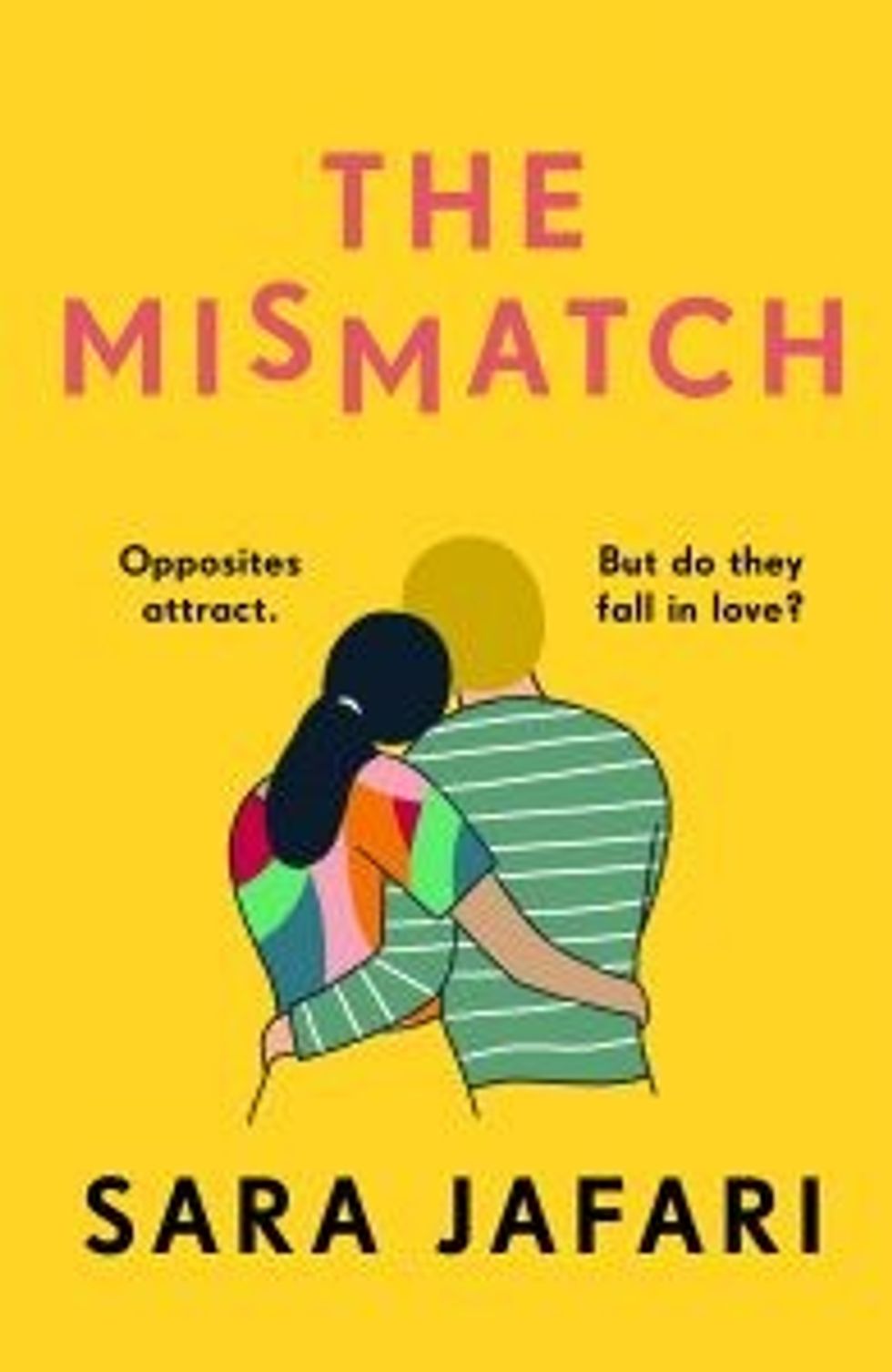















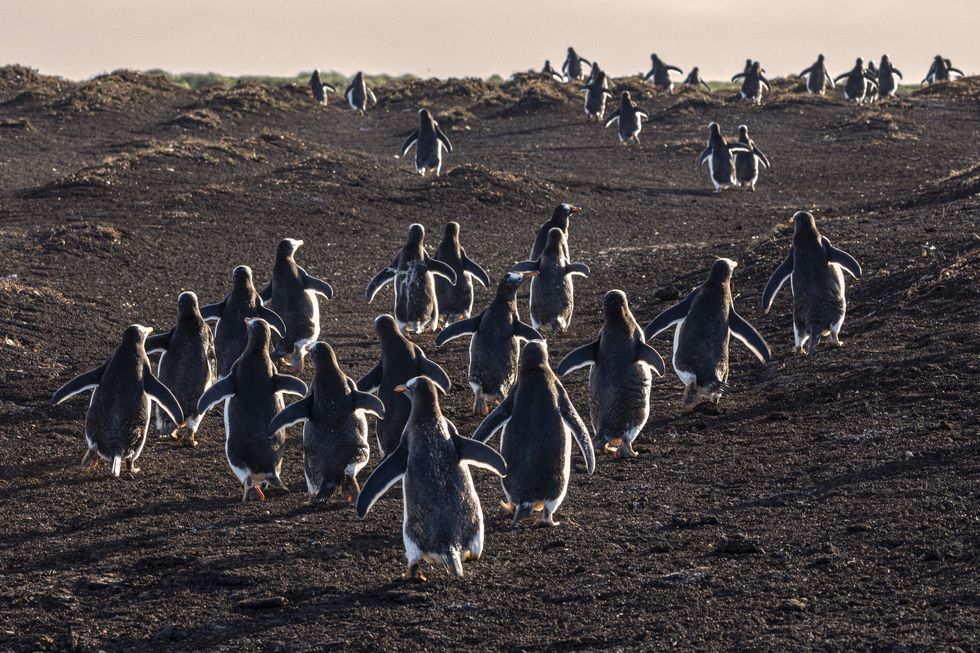 Penguins inhabit a wide range of environments across the Southern HemisphereiStock
Penguins inhabit a wide range of environments across the Southern HemisphereiStock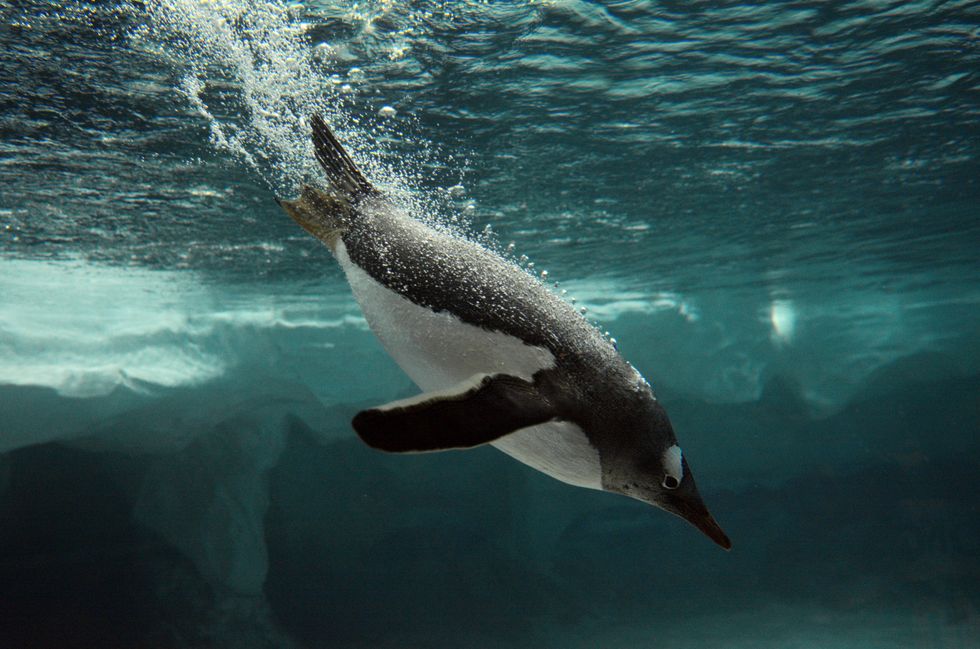 Penguins have evolved to use their flippers to propel themselves through the water iStock
Penguins have evolved to use their flippers to propel themselves through the water iStock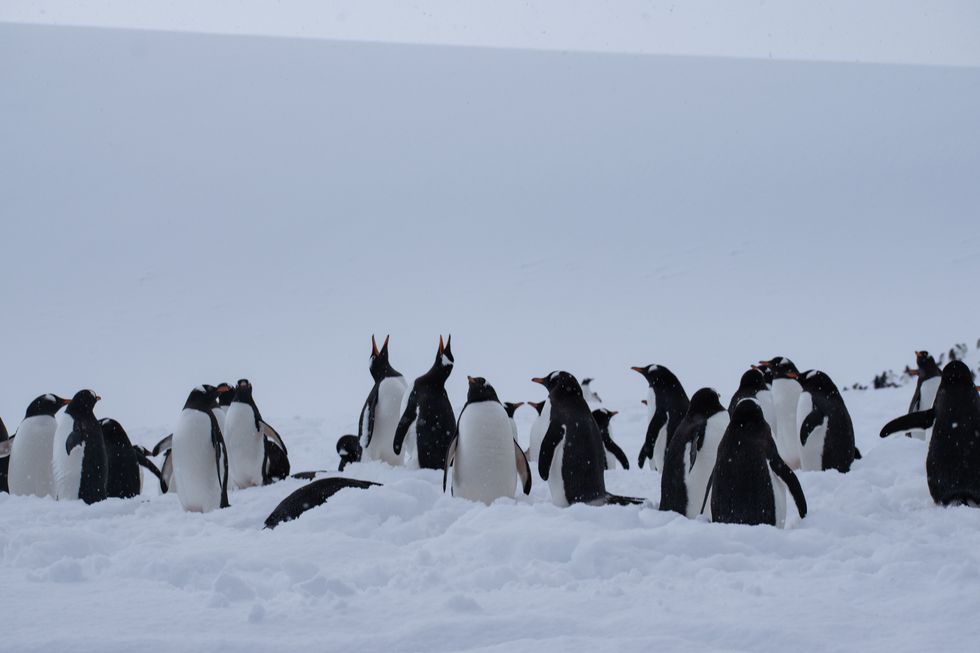 Penguins have developed remarkable adaptations to survive the extreme coldiStock
Penguins have developed remarkable adaptations to survive the extreme coldiStock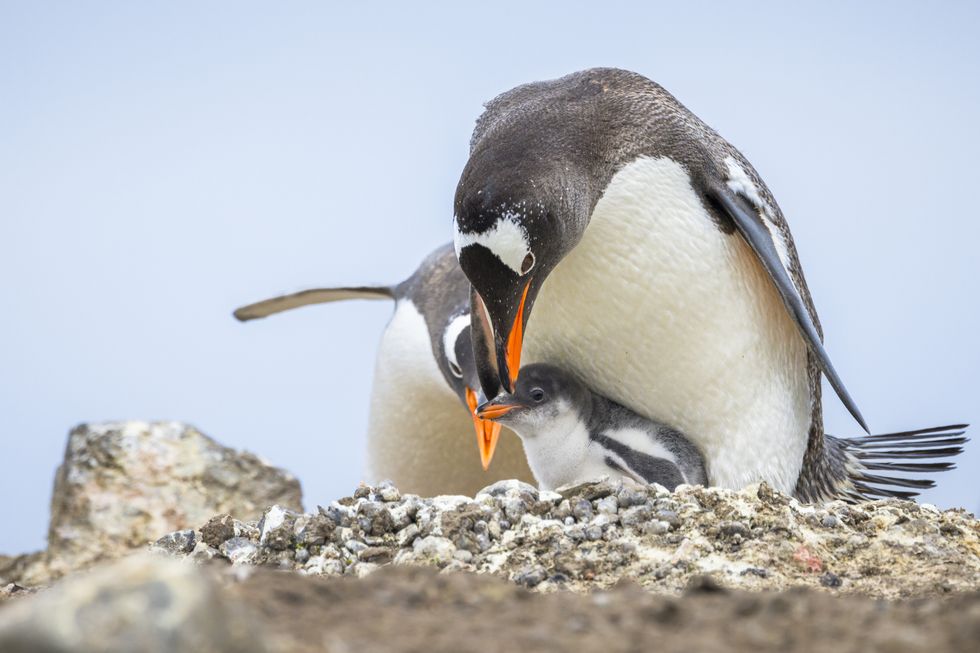 One of the most striking aspects of penguin behaviouriStock
One of the most striking aspects of penguin behaviouriStock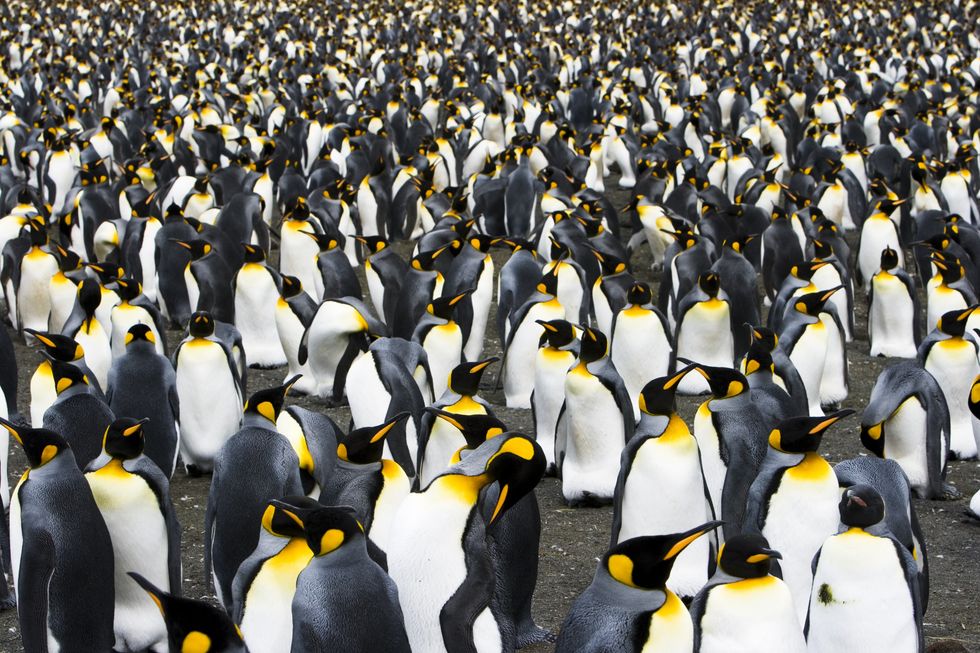 Early penguins were quite different from the flightless birds we see todayiStock
Early penguins were quite different from the flightless birds we see todayiStock

 There’s deep healing in the communityiStock
There’s deep healing in the communityiStock
